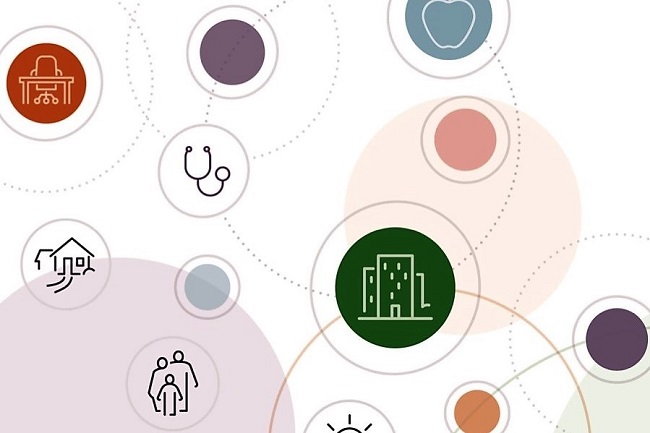Seeking Solutions at the Intersection of Affordable Housing, Education, and Economic Mobility

Over the last two decades, America has faced a critical affordable housing problem. While housing and rental prices have been rising, increases in income have not been able to keep up. The result: an expanding number of Americans who spend more of their income on housing and who have less money to spend on other critical needs – such as food, education, healthcare, and transportation – than they did 20 years ago.[1]
The problem is growing, but what if it didn’t have to? What if housing was the solution, not the problem? What if affordable housing was the catalyst for advancing better economic and educational opportunities, and vice versa?
Since 2017, Arabella Advisors has been partnering with Fannie Mae to answer questions like these through the Sustainable Communities Innovation Challenge (The Challenge), a two year, $10 million commitment by Fannie Mae to spur innovation, incubate new ideas, forge new partnerships, and generate solutions that will help address the nation’s affordable housing crisis. The Challenge seeks to identify and support innovations that advance sustainable communities—those that provide residents with integrated opportunities for affordable housing, health and wellness, economic mobility, and education. In the first two phases of The Challenge, which we covered in previous blogs here and here, Fannie Mae selected ideas that advanced sustainable communities by innovating at the intersection of affordable housing, employment, and health and wellness.
Now, Fannie Mae is launching Phase Three of The Challenge, with the goal of finding innovative solutions at the intersection of affordable housing, education, and economic mobility.
Seeking Solutions to Build Sustainable Communities
In the third phase of The Challenge, Fannie Mae is seeking comprehensive solutions, including mature ideas and proven models that are ready to scale, that can expand access to quality affordable housing for underserved and low-income people, while catalyzing opportunities in education and forging pathways to economic mobility.
Specifically, Fannie Mae seeks ideas that answer one or more of the following questions:
- How might we prepare a workforce that is ready to participate in job opportunities that drive technological innovation in the housing industry?
- How might large employers or anchor institutions partner with the housing industry to ensure every resident in a community has a path to safe, quality, affordable housing?
- How might we use housing to increase the availability of and access to high-quality early childhood care and education that meets the needs of families in underserved areas?
- How might housing and education entities from the public, private, or nonprofit sectors partner to provide stable home and school experiences for very low-income students?
Advancing Innovation and Opportunity Across Sectors
It’s no secret that affordable housing, quality education, and economic mobility are inextricably connected. Affordable housing provides students with the opportunity for a stable educational experience that promotes a sense of belonging, trust in their teachers and peers, and overall better academic outcomes. Quality education allows individuals to gain important skills and enhance their employability, thus enabling them to increase their long-term earning potential and likelihood of sustained employment. Economic mobility offers residents pathways to improve their economic status so that they can not only afford their homes, but also all the other basic needs they need to be well. Sustainable communities exist where these factors intersect.
Although there’s a growing recognition that communities should provide access to all these factors, we need to do more to find solutions that are integrated and attainable for all residents, regardless of income. This is the challenge that Fannie Mae seeks to address.
Recognizing that innovation requires inputs from a wide variety of perspectives and experiences, Fannie Mae welcomes all applicants across the country – regardless of their sector or geography – to submit their ideas on how to improve education opportunity and economic advancement through housing. If that sounds like you or someone you know, check out the links below and help Fannie Mae create greater access to affordable housing in sustainable communities.
- Click here to learn more about The Challenge
- Click here to review the Call for Ideas
- Click here to submit a proposal
- Click here to refer a potential applicant
[1] https://www.pewtrusts.org/en/research-and-analysis/reports/2018/04/american-families-face-a-growing-rent-burden
